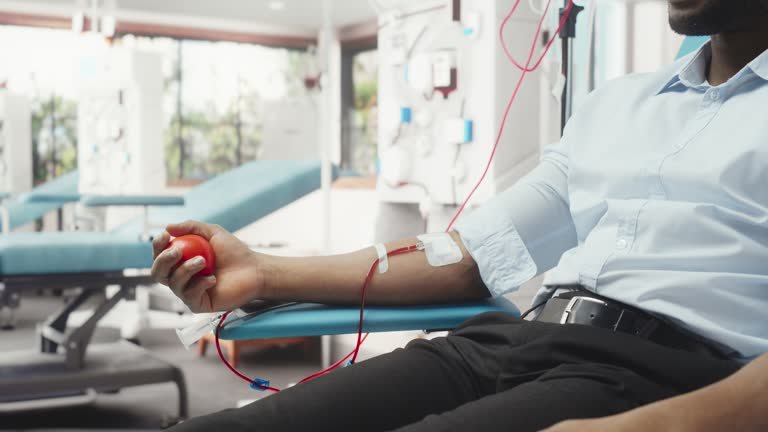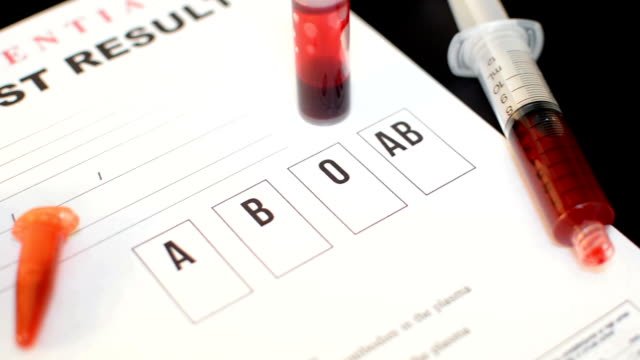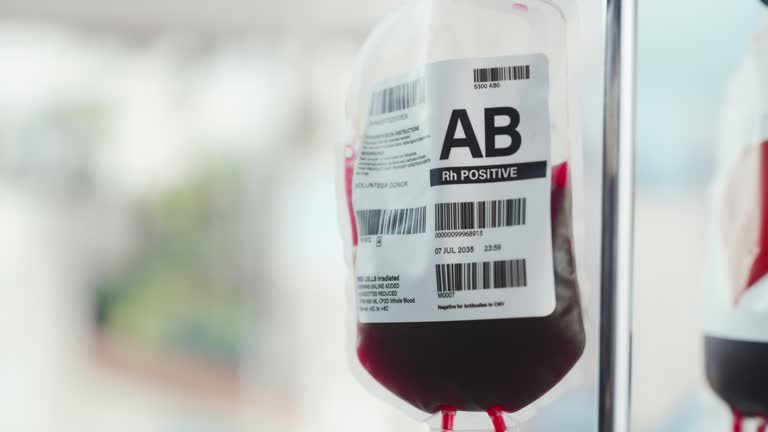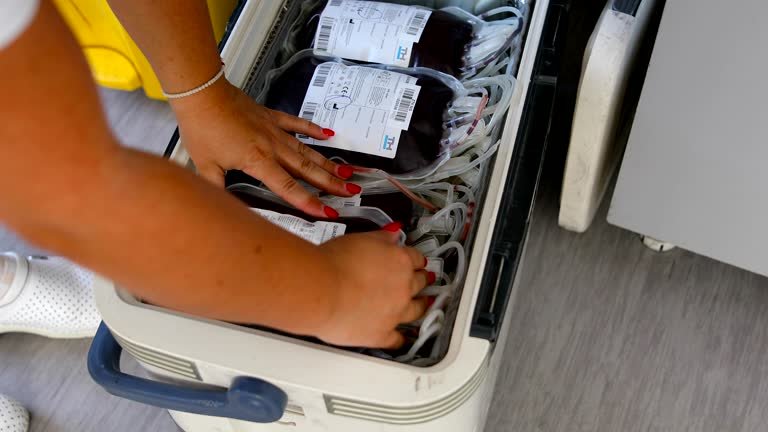
- calendar_month August 27, 2024
- folder Community Engagement
Sharing Tags
Blood Donation, Blood Transfusion, Blood Types, Donate Blood Save Lives, Give Blood, Health Awareness, Healthcare, JohnHart, JohnHart Real Estate, Life Saver, Nathan Derry, Nathan Derry JohnHart, Nathan Derry Realty, Nathan Derry Recommends, Nathan Derry Tips, Nathan Derry, JohnHart Real Estate, Save Lives, Universal Donor

Blood donation is one of the most selfless and impactful ways you can contribute to society. Every day, countless individuals face emergencies that require blood transfusions, whether it's due to accidents, surgeries, or medical conditions such as anemia, cancer, or complications during childbirth. When you donate blood, you're not just giving a part of yourself; you're giving someone else a chance at life. Imagine being in a situation where you or a loved one urgently needs blood—your donation could make all the difference.
Understanding Blood Types: What Makes Them Unique?

Blood types are categorized based on the presence or absence of certain antigens on the surface of red blood cells. There are four main blood types: A, B, AB, and O, each of which can be Rh-positive (+) or Rh-negative (-), resulting in eight possible blood types.
- Type A: Has A antigens on the surface of the red blood cells and B antibodies in the plasma. People with Type A blood can donate to others with Type A or AB blood.
- Type B: Has B antigens on the surface of the red blood cells and A antibodies in the plasma. Type B can donate to individuals with Type B or AB blood.
- Type AB: Known as the universal recipient, AB blood has both A and B antigens on the surface of the red blood cells and no A or B antibodies in the plasma. AB individuals can receive blood from any blood type.
- Type O: Known as the universal donor, O blood has no A or B antigens on the surface of the red blood cells but has both A and B antibodies in the plasma. O blood can be donated to any blood type, but O recipients can only receive Type O blood.
Compatibility and Why It Matters

Compatibility in blood transfusion is crucial. If a patient receives an incompatible blood type, their immune system may recognize the new blood as foreign and attack it, leading to severe complications.
- O Negative is the universal donor and can be given to any blood type, making it invaluable in emergency situations when there is no time to type and cross-match the patient’s blood.
- AB Positive is the universal recipient, meaning that individuals with this blood type can receive any type of blood without risk of a transfusion reaction.
For example, someone with Type A blood can safely receive Type A or O blood, but not Type B or AB. This is because the body of someone with Type A blood would recognize Type B blood as foreign and create antibodies against it.

The blood type considered "universal" is O negative (O-). This blood type is referred to as the universal donor because it can be given to patients of any blood type in emergency situations when there is no time to test a person's blood type. This is due to the fact that O- blood lacks A, B, and Rh antigens, which are the substances that can cause a transfusion reaction when they are not compatible with the recipient's blood.
However, O- blood is quite rare, with only about 7% of the global population having this blood type. This rarity makes it highly valuable, especially in emergency medical situations and for transfusions in newborns and those with compromised immune systems.
Why is O- Blood Considered the Best?
- Compatibility: Because it lacks A, B, and Rh antigens, O- blood can be safely transfused to almost anyone without the risk of an adverse reaction.
- Emergency Use: In emergency situations where blood typing cannot be done, O- blood is the safest option to use.
- Donations: O- blood is always in high demand, making donors with this blood type particularly important for blood banks.
On the other hand, AB positive (AB+) blood is known as the universal recipient because individuals with this blood type can receive blood from any other blood type without the risk of a reaction. This is because their blood already contains A, B, and Rh antigens.
Both O- and AB+ blood types play crucial roles in the medical field, but for different reasons. O- is critical in emergencies for donation purposes, while AB+ is advantageous for recipients who can accept any blood type.
The Lifesaving Impact of Your Donation

Every two seconds, someone in the United States needs blood. Donating blood can save up to three lives per donation, as the blood is typically separated into its components: red cells, plasma, and platelets. Each component can be used to treat different patients with various needs.
Why Donate?
- Emergencies and Trauma: Victims of accidents, natural disasters, and other emergencies often require blood transfusions.
- Surgeries: Many surgical procedures, including organ transplants and heart surgeries, require blood to ensure patient survival.
- Chronic Illnesses: Individuals with conditions such as sickle cell anemia or cancer often need regular transfusions to manage their health.
Donating blood is a simple, quick, and safe way to make a profound difference in the lives of others. It’s a gift that costs you nothing but could mean everything to someone in need. So the next time you see a blood drive, consider rolling up your sleeve—because you never know whose life you might save.
I'm Nathan Derry with JohnHart Real Estate, encouraging you to make a difference in the world by donating blood today.
All the best,
Nathan Derry, Realtor

📍JohnHart Real Estate
📞(424) 303-0440
📧 nathan@jhagents.com
👨🏽💻 itsnathanderry.com
Interested in seeing a property or one of my off market properties in person? Contact me today! Who you hire matters!!!
Ready to make the best move of your life… let’s chat today!
Sources:
- American Red Cross
- Mayo Clinic
- World Health Organization (WHO)
